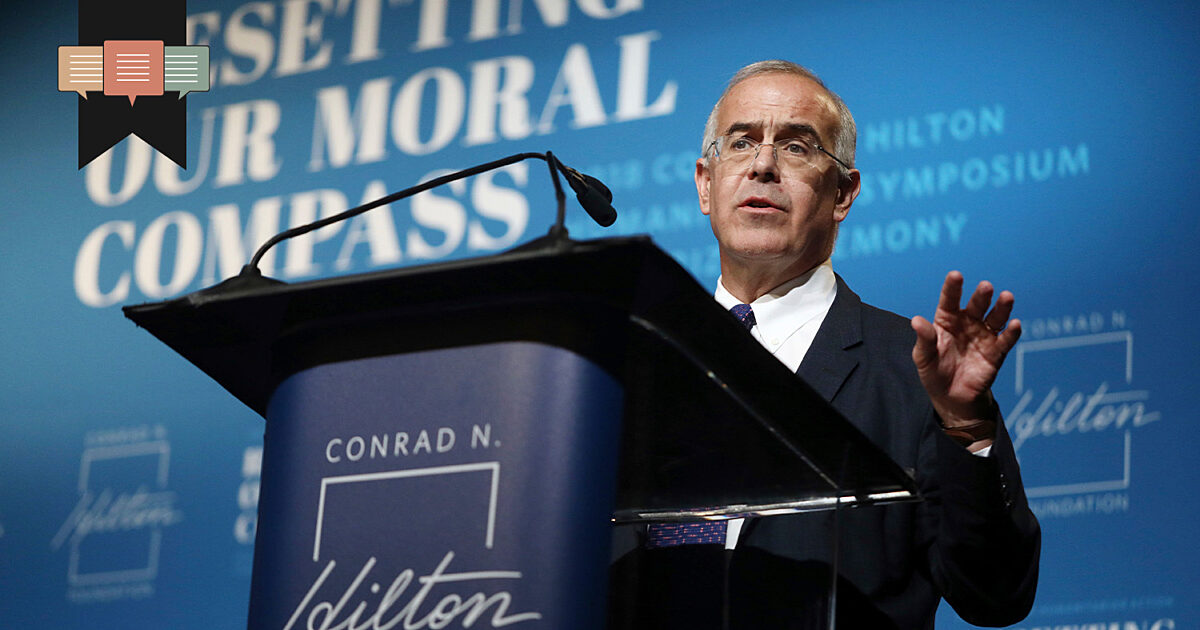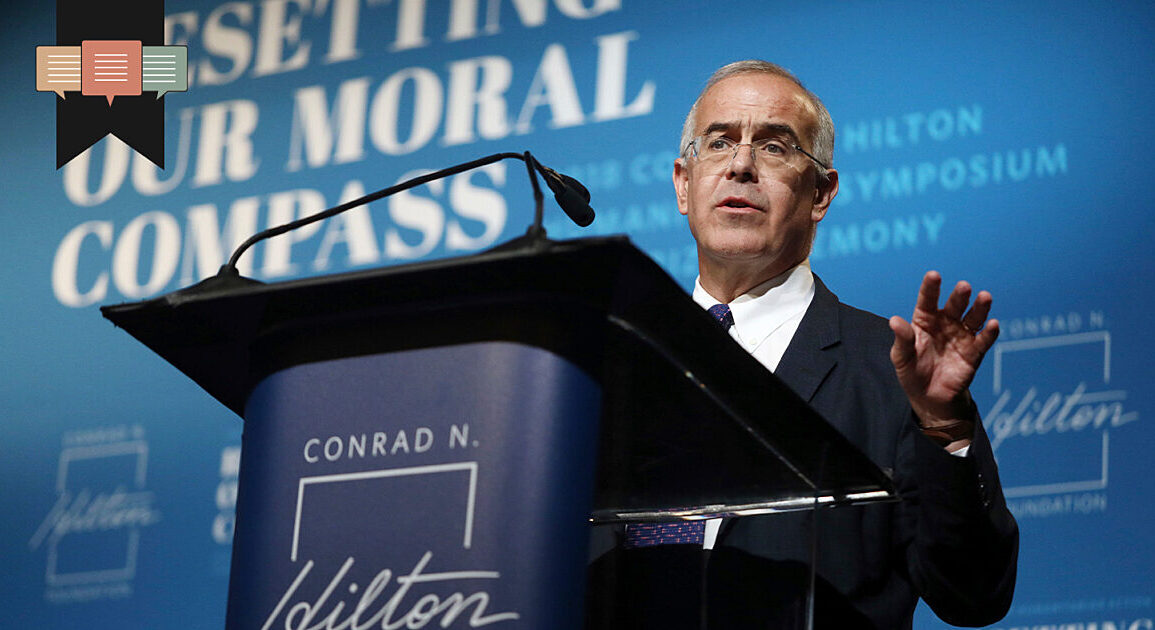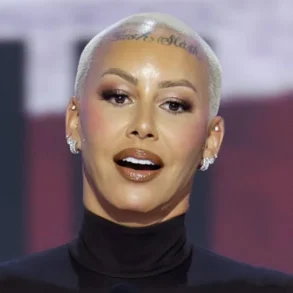
Though it’s largely unknown to American audiences, the brilliant British sketch comedy show, That Mitchell and Webb Look, is famous for one particular bit that’s since become a meme. In the sketch, one Nazi SS officer is talking to another: “Have you noticed that our caps have actually got little pictures of skulls on them? … Hans, are we the baddies?” The joke, of course, is that it’s impossible to be evil without also lacking self-awareness.
While I am not trying to make any explicit comparisons to Nazis, for all the other obvious reasons, “Are we the baddies?” is what sprung to mind when New York Times columnist David Brooks recently wrote a column about the relationship between his elitist fellow travelers and the millions of Trump voters headlined, “What if We’re the Bad Guys Here?”
There’s a strong temptation to laud Brooks, who is a generally well-meaning and well-regarded observer of elite transgressions, for writing this column. However, in recent years liberal media outlets such as the Times have given themselves over to being profoundly uncharitable about the beliefs of vast swaths of Red America. So forgive me if I’m not inclined to pat Brooks on the head for evincing a glimmer of self-awareness, a mere seven years after Trump first rode down that golden escalator.
Brooks’ basic thesis is hardly new. He briefly walks readers through how, starting in the ’60s, America’s ostensibly meritocratic institutions were taken over by a small educated class that began acting in their self-interests. “Members of our class are always publicly speaking out for the marginalized, but somehow we always end up building systems that serve ourselves,” he writes.
He also notes that this same educated class changed “moral norms in ways that suit ourselves, never mind the cost to others. For example, there used to be a norm that discouraged people from having children outside marriage, but that got washed away during our period of cultural dominance, as we eroded norms that seemed judgmental or that might inhibit individual freedom.”
However, despite these criticisms, Brooks is ultimately loathe to hold anyone accountable. “Does this mean that I think the people in my class are vicious and evil?” he writes. “No. Most of us are earnest, kind and public-spirited. But we take for granted and benefit from systems that have become oppressive.”
So then, a small group of elites seized power, eroded moral norms that supported class mobility, and built systems of power and money that are oppressive—but the people who did all this are “earnest, kind and public-spirited”? Is it just a coincidence that the legacy media has badly botched its coverage of nearly every major story in recent years? For five straight years, the Pulitzer prizes rewarded misinformation—and it’s not a coincidence all this misinformation served the interests of the educated elites looking to silence politically inconvenient truths. And the media is just one of many critical institutions foundering under elite control.
At what point are we supposed to actually draw any distinctions between the ruling class with their supposedly good intentions and the undeniably evil outcomes they’re responsible for? Brooks doesn’t know.
What he does know is that the one politician in America who needs to be held accountable just happens to be Donald Trump. “Are Trump supporters right that the indictments are just a political witch hunt? Of course not,” Brooks writes. “As a card-carrying member of my class, I still basically trust the legal system and the neutral arbiters of justice. Trump is a monster in the way we’ve all been saying for years and deserves to go to prison.”
So, just so we’re clear, the ruling class has built “oppressive” systems that only “serve ourselves.” But somehow, the legal system isn’t affected by the rank political double standards Brooks acknowledges are infecting all the other institutions in American life?
Defending Trump on the merits is tricky, and I’m reluctant to do it, but our liberal institutions are so corrupt the issue is almost always one of double standards. Who’s excited to read a David Brooks column on why the charges against Trump for mishandling classified documents are worse than the conduct of Hillary Clinton, who destroyed evidence when similar charges were raised, before FBI head James Comey went on TV and invented new legal standards to let her off the hook?
Can Brooks explain why Barack Obama and left-wing journalists get to tweet in support of rioters engaging in an insurrection at the Texas capitol, while Trump gets vague and unprecedented charges related to January 6? As I said, I’m not interested in defending the indefensible escapades of Donald Trump, but the half-measured apologia for the ruling class is tone-deaf when examined against a standard of impartiality.
Ultimately, it’s just not enough to ask, “are we the bad guys?” It’s hard to walk away from this column with the belief that Brooks—and the rest of his elitist ilk—are prepared to stop acting like them.
This post was originally published on this site be sure to check out more of their content.









